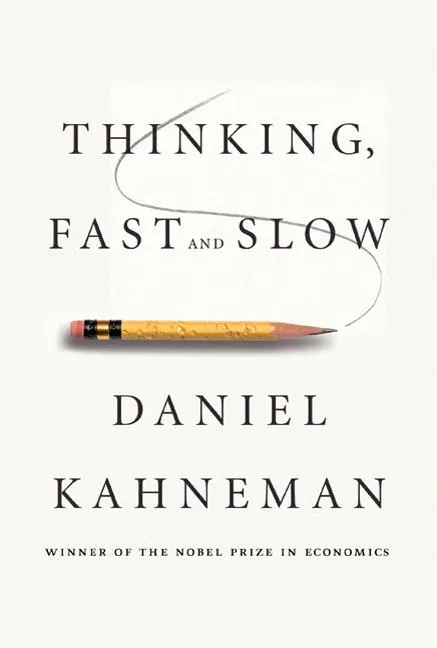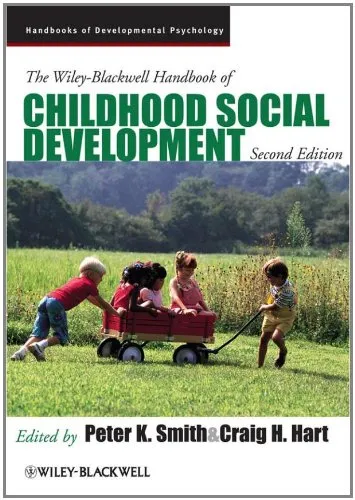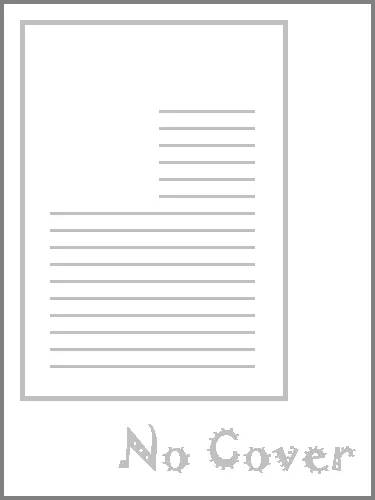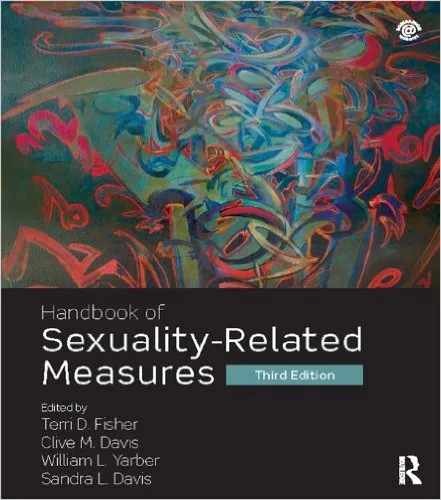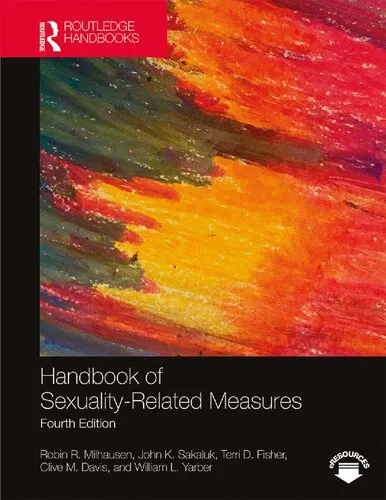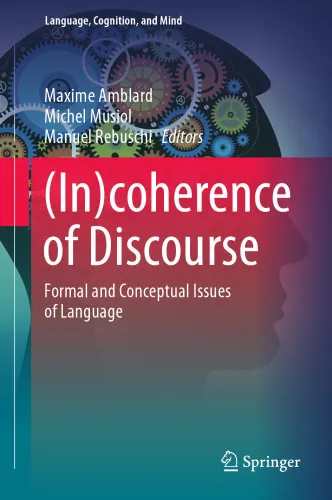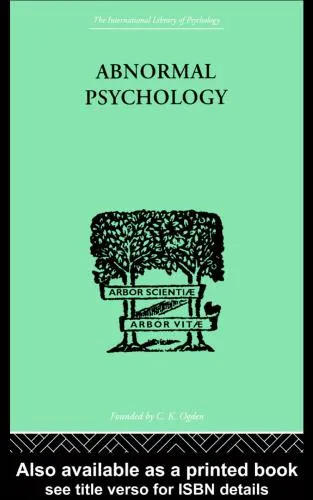Teaching of Psychology
4.7
Reviews from our users

You Can Ask your questions from this book's AI after Login
Each download or ask from book AI costs 2 points. To earn more free points, please visit the Points Guide Page and complete some valuable actions.Related Refrences:
Analytical Summary
The book Teaching of Psychologypp.233—235 serves as a precise yet expansive exploration of the pedagogical practices in psychology, curated by Wurst, Stephen A. and Wolford, Karen. Designed for educators, researchers, and academic professionals, it dissects the mechanics of effective psychology instruction with a targeted focus provided by pages 233—235. These pages encapsulate decades of experiential insight, merging theory with practical application to help educators refine their delivery of complex psychological concepts.
Within this segment, the authors address the nuanced interplay between student engagement and curriculum design, stressing the essential role played by both content mastery and instructional adaptability. The approach is analytical and evidence-based, reflecting a commitment to scholarly rigor while keeping the reader attuned to real-world classroom dynamics. Secondary themes such as psychology education and instructional strategies emerge organically across the text.
Although the precise publication year is Information unavailable due to no reliable public source, the core principles embedded in the work are timeless. Whether the reader is an experienced lecturer or a graduate teaching assistant, the structure and intent of these pages provide a roadmap for continually improving outcomes in psychology education.
Key Takeaways
From Teaching of Psychologypp.233—235, serious readers will extract a wealth of pragmatic guidance informed by both empirical evidence and instructional artistry. The authors translate complex theories into actionable methods tailored for psychology classrooms.
First, adaptability in teaching methods is positioned as a cornerstone for successful learning experiences. Student cohorts vary widely in their needs, and the educator’s flexibility can meaningfully bridge gaps in understanding.
Second, the section reinforces the significance of reflective practice—evaluating the effectiveness of each lesson in real time and making iterative improvements to instructional strategies.
Third, it underscores the balance between educator authority and student autonomy, allowing learners to engage actively while respecting the foundational expertise of the instructor.
Lastly, the text advocates for integrating contemporary research findings into daily teaching routines, ensuring that course content remains relevant, evidence-based, and aligned with best practices in psychology education.
Memorable Quotes
"Effective psychology teaching is both a science and an art, requiring constant adaptation." Unknown
"Student engagement thrives when autonomy meets guidance." Unknown
"Reflective practice transforms good teachers into exceptional educators." Unknown
Why This Book Matters
In a rapidly evolving academic landscape, the focused insights presented in Teaching of Psychologypp.233—235 deliver enduring value. For professionals immersed in psychology education, these pages are not merely reading material—they are a practical toolkit for elevating instructional quality.
The book’s perspective aligns with global trends emphasizing learner-centered approaches without sacrificing academic rigor. It empowers educators to meet diverse learning needs while adhering to evidence-based methods rooted in pedagogical research.
This section also matters because it navigates the fine line between tradition and innovation in education. It respects the discipline’s long-standing knowledge base while encouraging forward-thinking applications that resonate with contemporary students.
Inspiring Conclusion
The strength of Teaching of Psychologypp.233—235 lies in its ability to merge scholarly depth with actionable advice, making it an indispensable resource for anyone invested in the ongoing study and practice of teaching psychology.
Educators and professionals are invited to read, reflect, and implement the strategies outlined, then share these insights with colleagues to foster a collaborative culture in psychology education. By engaging with these pages, one embarks on a journey toward impactful, evidence-driven teaching.
Free Direct Download
You Can Download this book after Login
Accessing books through legal platforms and public libraries not only supports the rights of authors and publishers but also contributes to the sustainability of reading culture. Before downloading, please take a moment to consider these options.
Find this book on other platforms:
WorldCat helps you find books in libraries worldwide.
See ratings, reviews, and discussions on Goodreads.
Find and buy rare or used books on AbeBooks.
1209
بازدید4.7
امتیاز0
نظر98%
رضایتReviews:
4.7
Based on 0 users review
Questions & Answers
Ask questions about this book or help others by answering
No questions yet. Be the first to ask!

